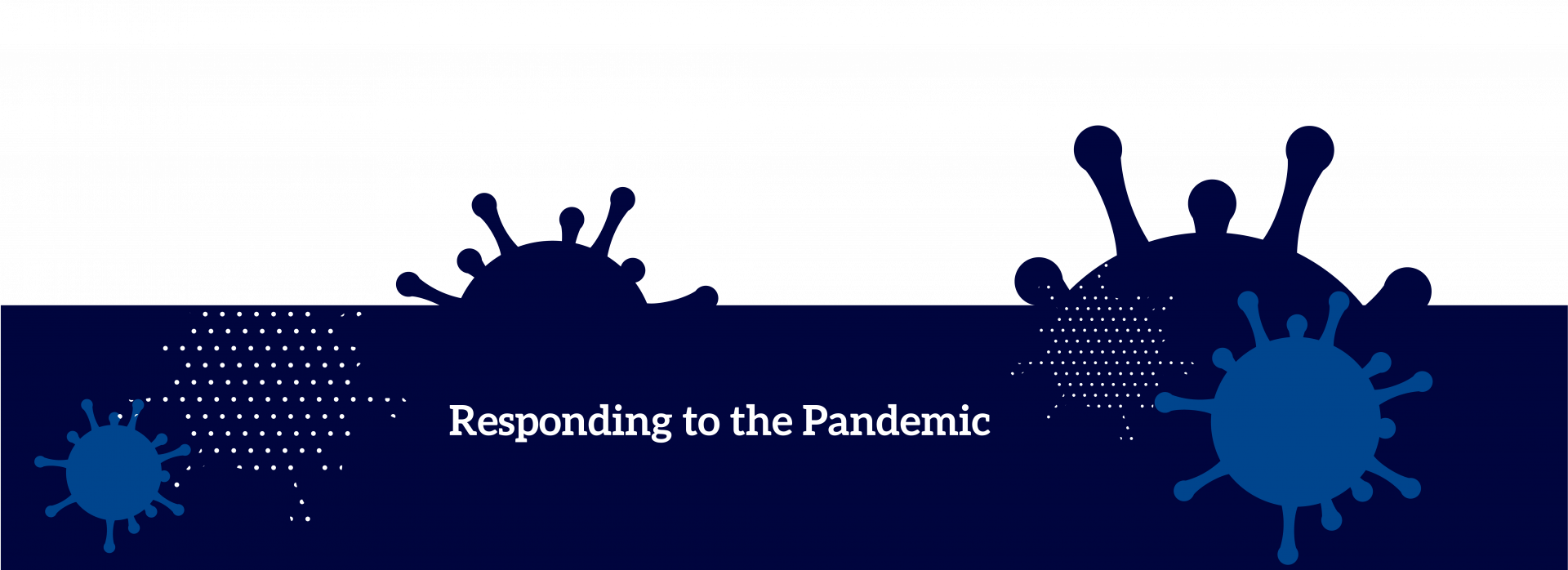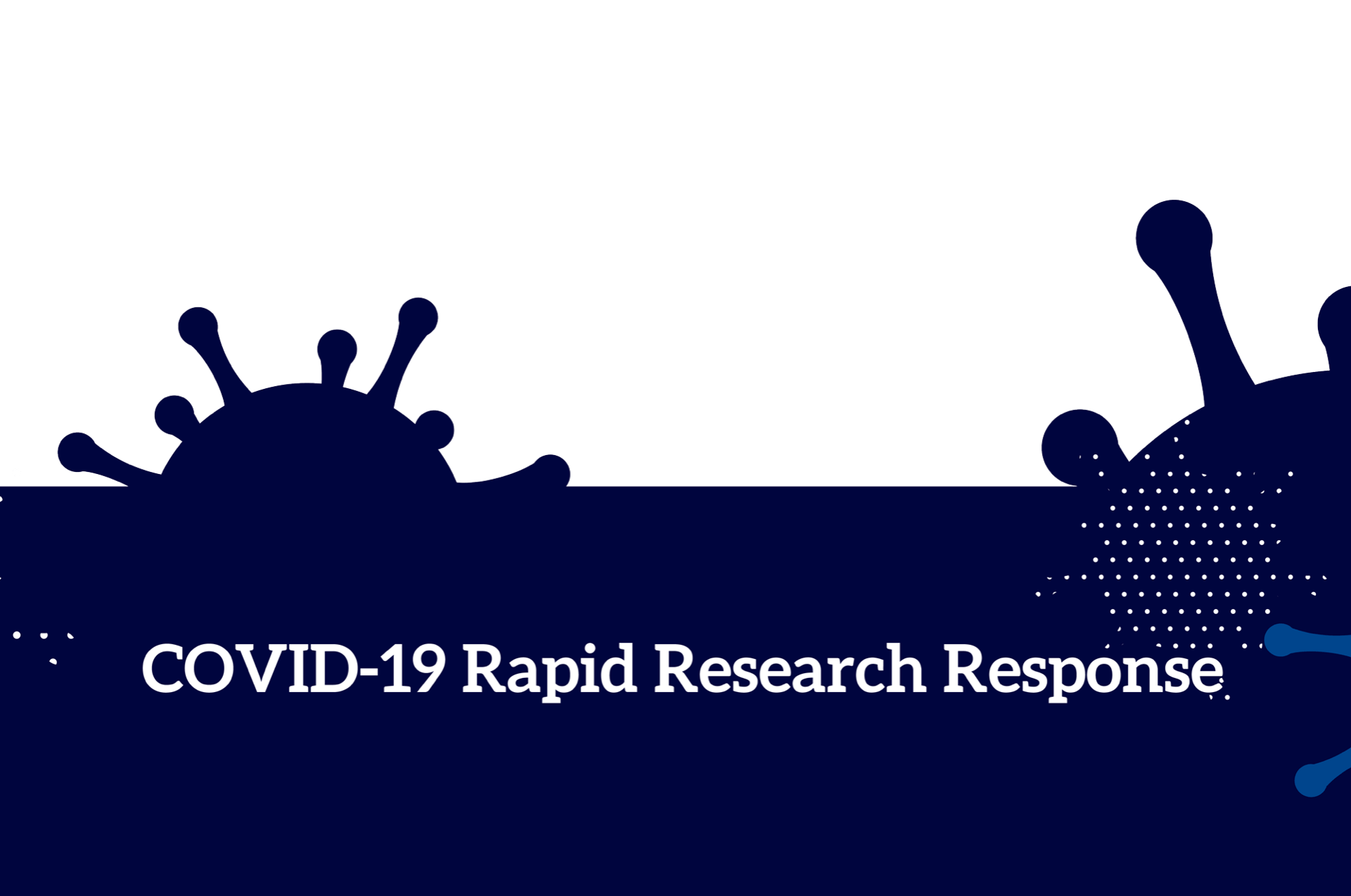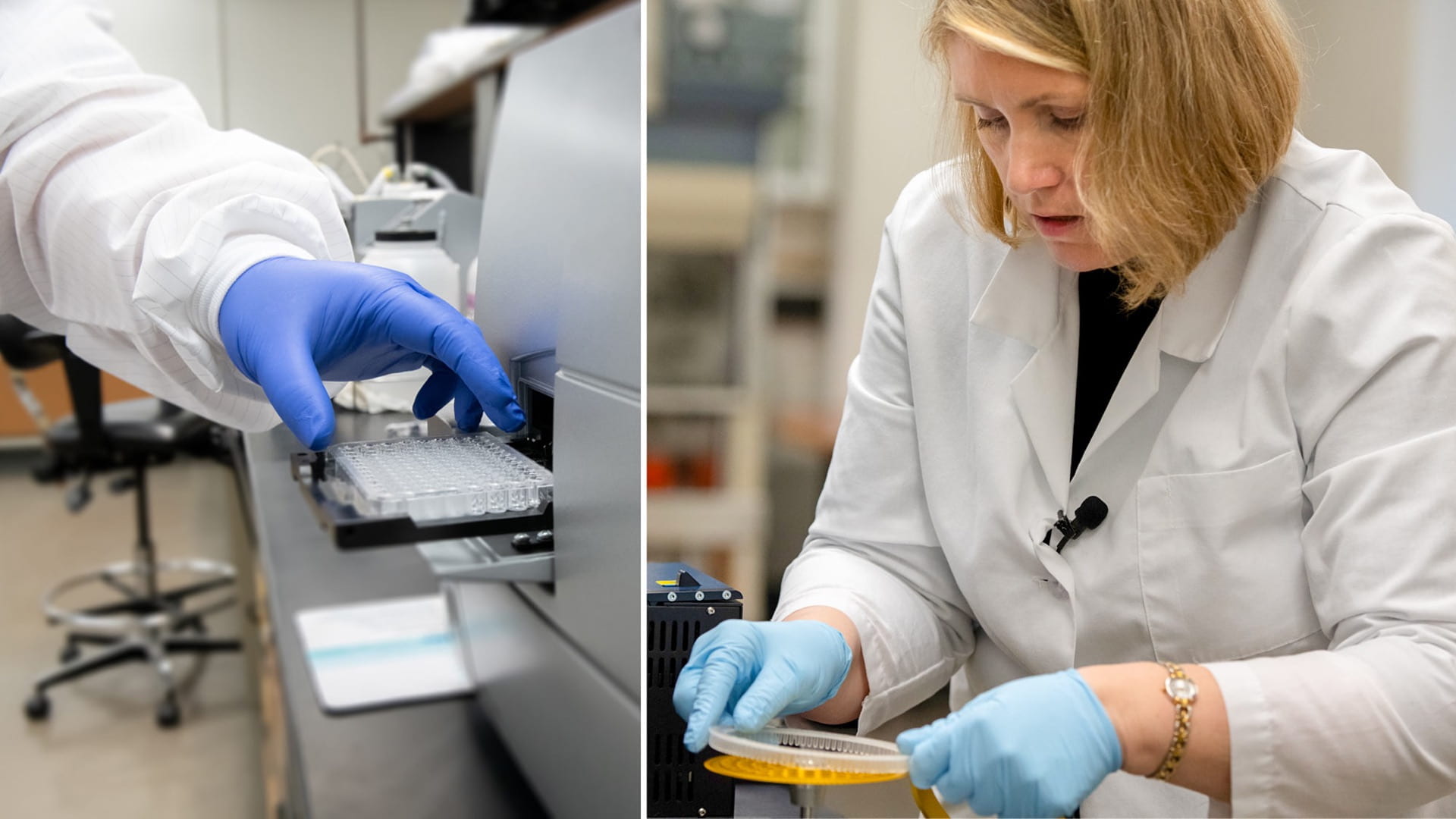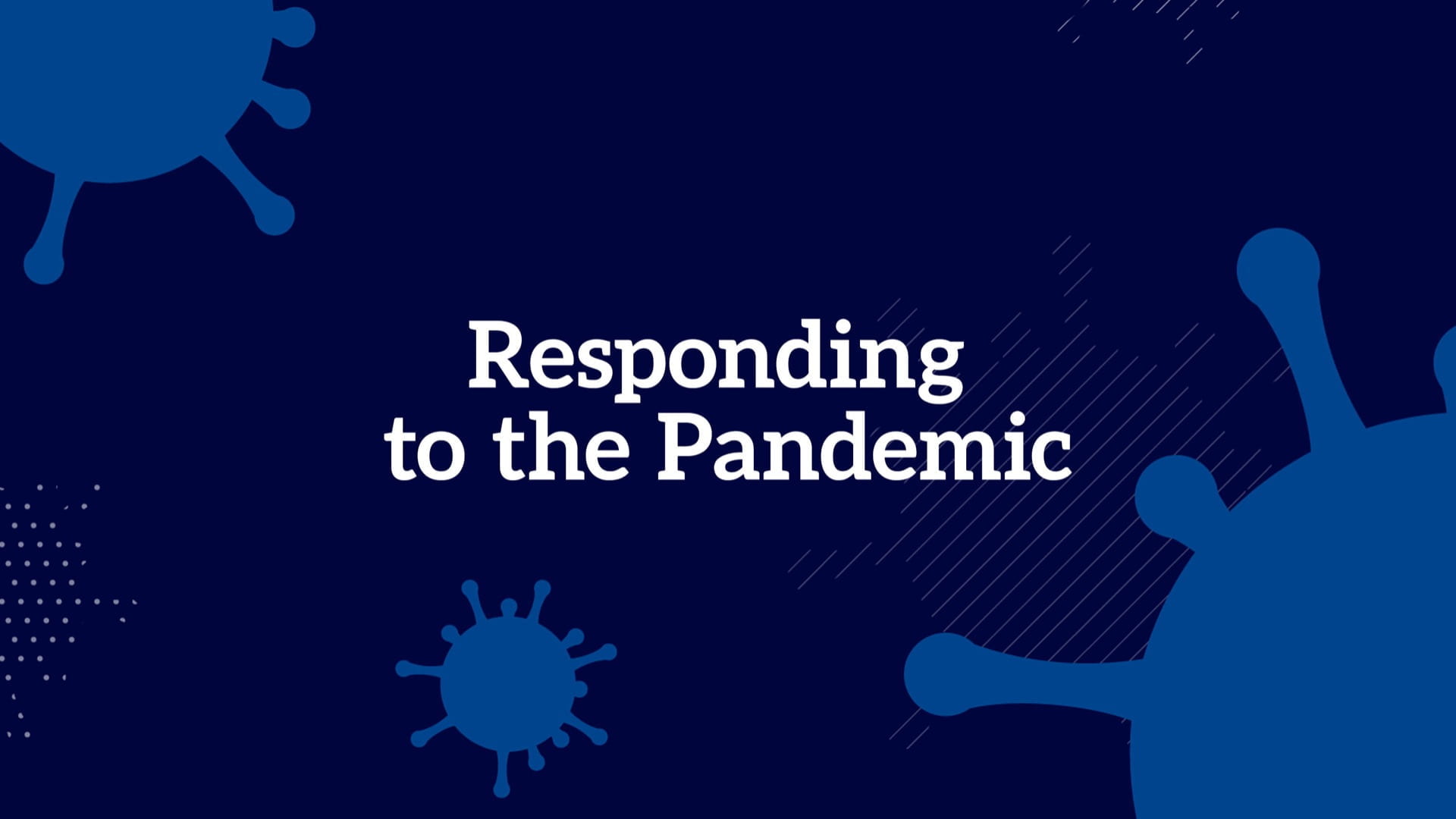
Understanding family conflict and resilience during a crisis
Understanding family conflict and resilience during a crisis
In an effort to slow the spread of the COVID-19 pandemic, social distancing has become a common term and necessary component of life in America. Many families with children have found it difficult to sustain the practice while coping with other stressors. Since there is little information about what helps people sustain social distancing, public health officials have relied on simple public messaging to encourage the practice.
To help understand the family factors that sustain—or undermine—social distancing and other protective health behaviors, Mark Feinberg, research professor of health and human development and the Edna Bennett Pierce Prevention Research Center (PRC), and his collaborators are evaluating the impacts of the pandemic on family life and well-being.
“We want to investigate whether positive family functioning leads to more sustained social distancing, and if more stress and family conflict undermine social distancing,” said Feinberg. “At the same time, we are interested to see if families who sustain more social distancing experience higher levels of individual and family stress and conflict.”
Hear from Feinberg about the specific effects of the COVID-19 pandemic on parents and families.
Feinberg and his collaborators first surveyed families in April, asking them to complete an online questionnaire and then report every day for eight days on stressors, health behaviors, family conflict, and their own mood. They have since repeated the survey and daily report series three more times.
The families being surveyed are part of a randomized trial of the Family Foundations program, which began 10 years ago with funding from the National Institutes for Health. The program is a series of pre- and post-natal classes designed to support first-time, expecting couples, in building a positive, supportive co-parenting relationship.
Family Foundations interventions have been found to improve participants’ well-being, including reductions in postpartum depression and anxiety, parental stress, and couple conflict. Children of parents in the program have demonstrated better self-regulation and mental health.
What is Family Foundations?
The program is designed around a series of birth preparation classes on the cooperative and supportive relationship between parents—the key foundation of the family.
Versions of the Family Foundations program have been developed for teens, low-income parents, military parents, and others.
What is Family Foundations?
The program is designed around a series of birth preparation classes on the cooperative and supportive relationship between parents—the key foundation of the family.
Versions of the Family Foundations program have been developed for teens, low-income parents, military parents, and others.
By surveying participants in an on-going study, Feinberg will be able to compare data on well-being collected during COVID-19 to several waves of data gathered in the 10 years prior to the pandemic.
“We want to look at the extent of deterioration in parents’ and children’s mental and behavioral health from before to the early phase of the pandemic,” said Feinberg.
The team will also examine whether the Family Foundations program has had any effect on family dynamics during the pandemic. Preliminary data suggests that early family support may enhance families’ long-term resilience, even during crises. The earlier data from participants will help the team assess which parents and children are most vulnerable to the negative effects of pandemic stressors.
“Ultimately, we hope to discover what are the points of resilience in families to manage an experience like the pandemic in optimal ways.”
“Ultimately, we hope to discover what are the points of resilience in families to manage an experience like the pandemic in optimal ways.”
For couples who are becoming parents, navigating new and complex family dynamics can be challenging. By providing guidance on building a cohesive co-parenting relationship while navigating new parenthood—itself a normal but stressful period of change and uncertainty—Feinberg and his collaborators may be able to help new families build resiliency that supports their collective well-being in future periods of personal or social difficulty.
In addition to Feinberg, collaborators at Penn State include Gregory Fosco, associate professor of human development and family studies, and associate director of the PRC; Michelle Hostetler, assistant research professor; Jacqueline Mogle, assistant research professor; Samantha Tornello, Ann Atherton Hertzler Early Career Professor in Health and Human Development and assistant professor of human development and family studies, psychology, and women’s gender and sexuality studies; Sunhye Bai, Karl R. and Diane Wendle Fink Early Career Professor for the Study of Familiesand assistant professor of human development and family studies; and Joseph Cifelli, research coordinator in the PRC.



Understanding how the pandemic has affected college students’ mental health

How the pandemic is affecting our communities, our lives, and our bodies




